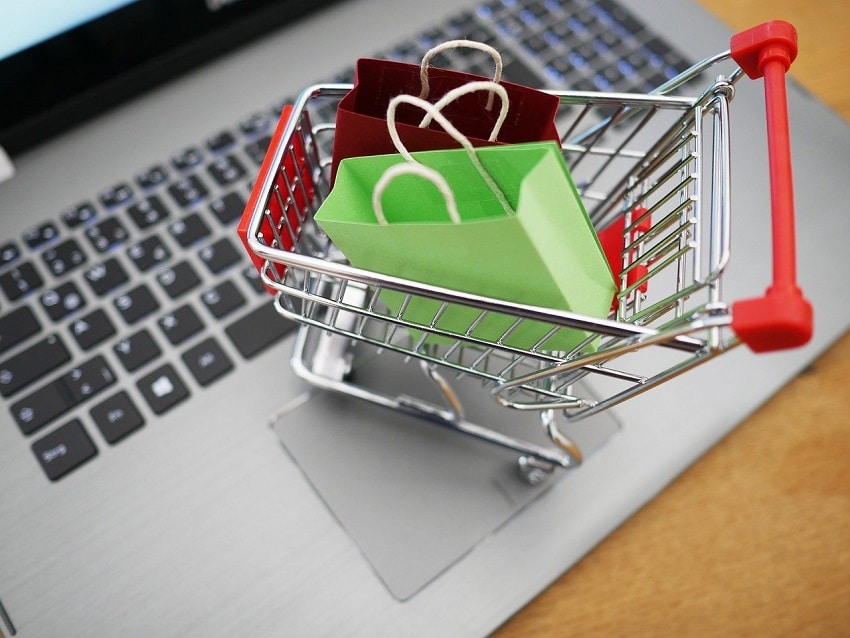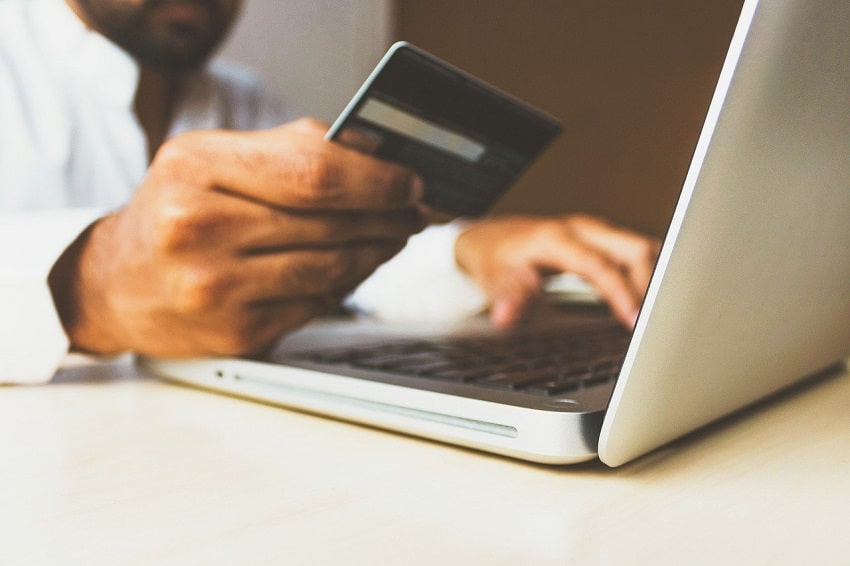What are the new online shopping trends in France
Forrester has just published a report on the new digital purchasing behaviours adopted during the pandemic by French consumers. Decoding the main findings.
The Covid-19 has forced French consumers to buy basic necessities online. Social isolation and the closure of shops and entertainment venues are forcing many Europeans to turn to e-commerce for basic necessities. While 63% of French consumers acknowledge that they spend more time online than ever before, time spent online does not mean more money spent online.
57% of French consumers have cut back on all except basic necessities
Except a few categories, such as groceries, cleaning and health products, or entertainment, spending has generally been on the decline.
Only 30% of consumers say that they buy more online than they would normally do, and 37% of French consumers say that their online spending is the same.
French consumers welcome pragmatic and useful communications during the pandemic. 32% of French consumers especially appreciated communications that provide pragmatic information on opening and closing hours during confinement. 25% valuable recommendations on how to stay healthy.

Forced digital interactions accelerate the acceptance of e-commerce
Social isolation forces consumers to turn to e-commerce for the first time. 19% of French consumers bought groceries online for the first time because of the pandemic. The growth of online grocery shopping is still mainly due to the “drive” phenomenon – buying online, retrieving from shops.
Forrester expects a significant percentage of this behaviour to continue over time. Just under one-third of those who first purchased groceries online say they will increase their online shopping in the future.
The lockdown boost the adoption of digital payments
10% of French consumers used digital means of payment for the first time during the crisis. A significant number, 31%, of French consumers are using contactless payment more often to avoid touching shop screens and equipment. The minimum threshold for contactless payments was raised from €30 to €50 in 2020.
Between April and June, no less than 41 million French people bought at least once on line. This represents almost one million more consumers than last year. Above all, Fevad studies show that a good part of these new buyers continued to make online purchases after the reopening of the shops.
If the progression of online commerce therefore seems destined to intensify, all is not lost for traditional commerce. Indeed, Amazon has not been the biggest beneficiary of this drive towards e-commerce. According to the figures compiled by Médiamétrie, the American giant’s site (visited in France by 6 million potential customers a day!) has not seen a surge in traffic. On the contrary, emphasises Févad, the growth has benefited the large retail chains much more than the “pure players” of the Internet.

The shopping drive boom
This phenomenon can be explained in particular by the unprecedented boom in the online sale of food products. During the period, home food preparation increased as a result of teleworking and the closure of canteens and restaurants. Even though the supermarkets remained open throughout the period, some customers stayed away from the shelves to limit their movements or to avoid passing too many people.
Some consumers have therefore switched to the “drive” system, where customers place orders online before picking up their purchases by car in a warehouse on the outskirts or on foot in a city centre shop. This has led to a record increase of more than 50% in food purchases on the Internet. This is enough to boost online sales by major retailers such as Leclerc and Carrefour.
The digital as a crisis shock absorber
If food remains a singular case, the same phenomenon can also be found in other segments, where specialised sites (such as ManoMano for DIY) and those linked to major brands (such as Fnac or Décathlon) have progressed more than the online giants. This movement has been very clear in textiles in particular, where the growth benefits first and foremost sites such as Zalando, Nike or Kiabi. “Customers have gone towards the brands they know,” sums up Frédéric Valette, an expert in the sector at the research company Kantar.
If food remains a singular case, the same phenomenon can also be found in DIY online stores. This movement has been very clear in textiles in particular, where the growth benefits first and foremost sites such as Zalando, Nike or Kiabi.
By allowing sales even when shops were closed, particularly in clothing, e-commerce played a “shock absorber” role in the crisis, insists François Momboisse. An observation that perfectly serves the Fevad’s discourse.

Our french SEO company wants to change the way international companies think about marketing on Google. Our SMART METHODOLOGY is based on an ethical, transparent and efficient service (monthly action plan, dedicated SEO consultant, pre-defined deliverables, KPIs to track results etc). SmartWeb Group is one of the top SEO agencies in France allowing websites to rank on the first page of Google. Since 2010, 97% of our clients have renewed their trust following a first collaboration.

